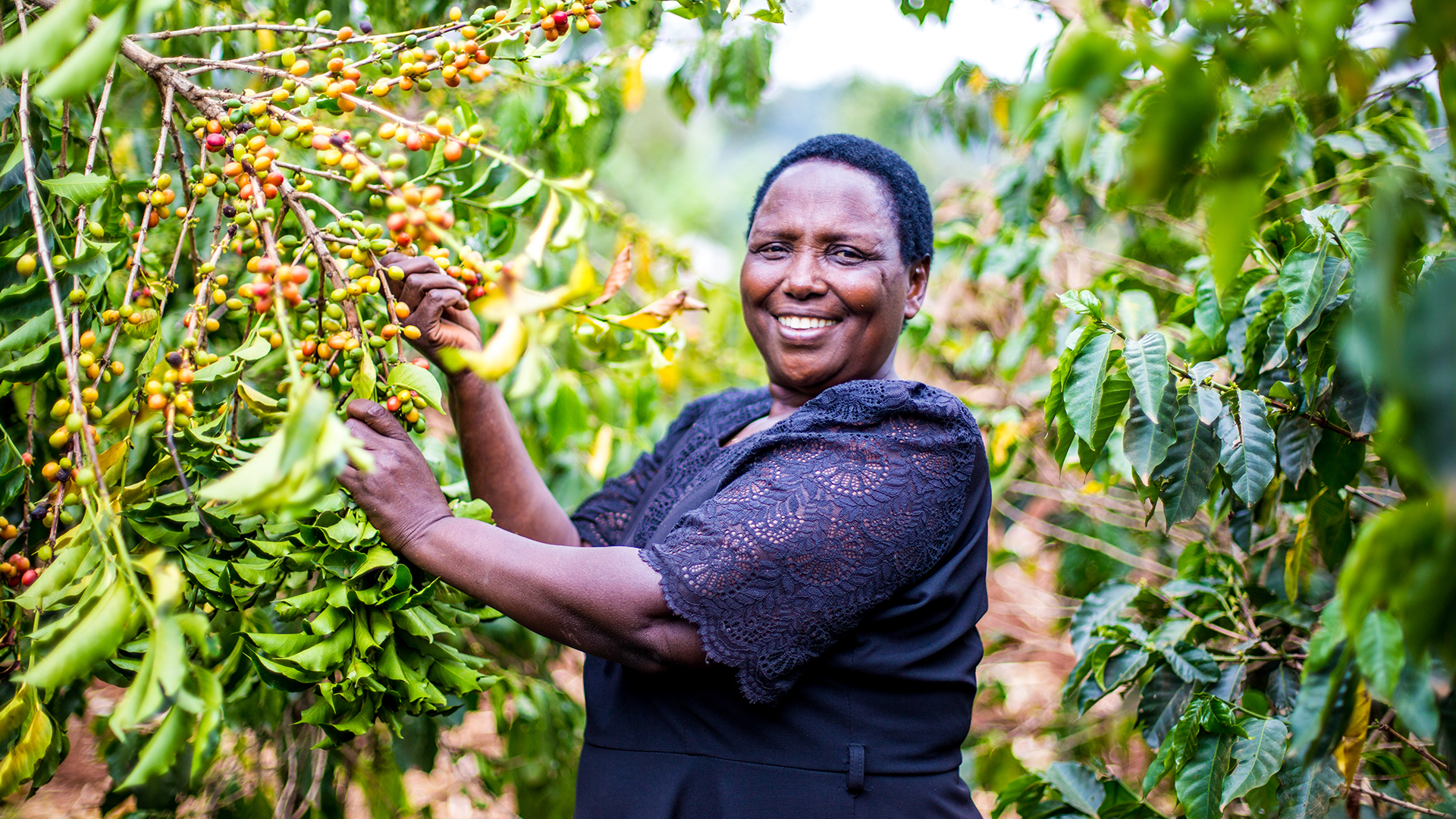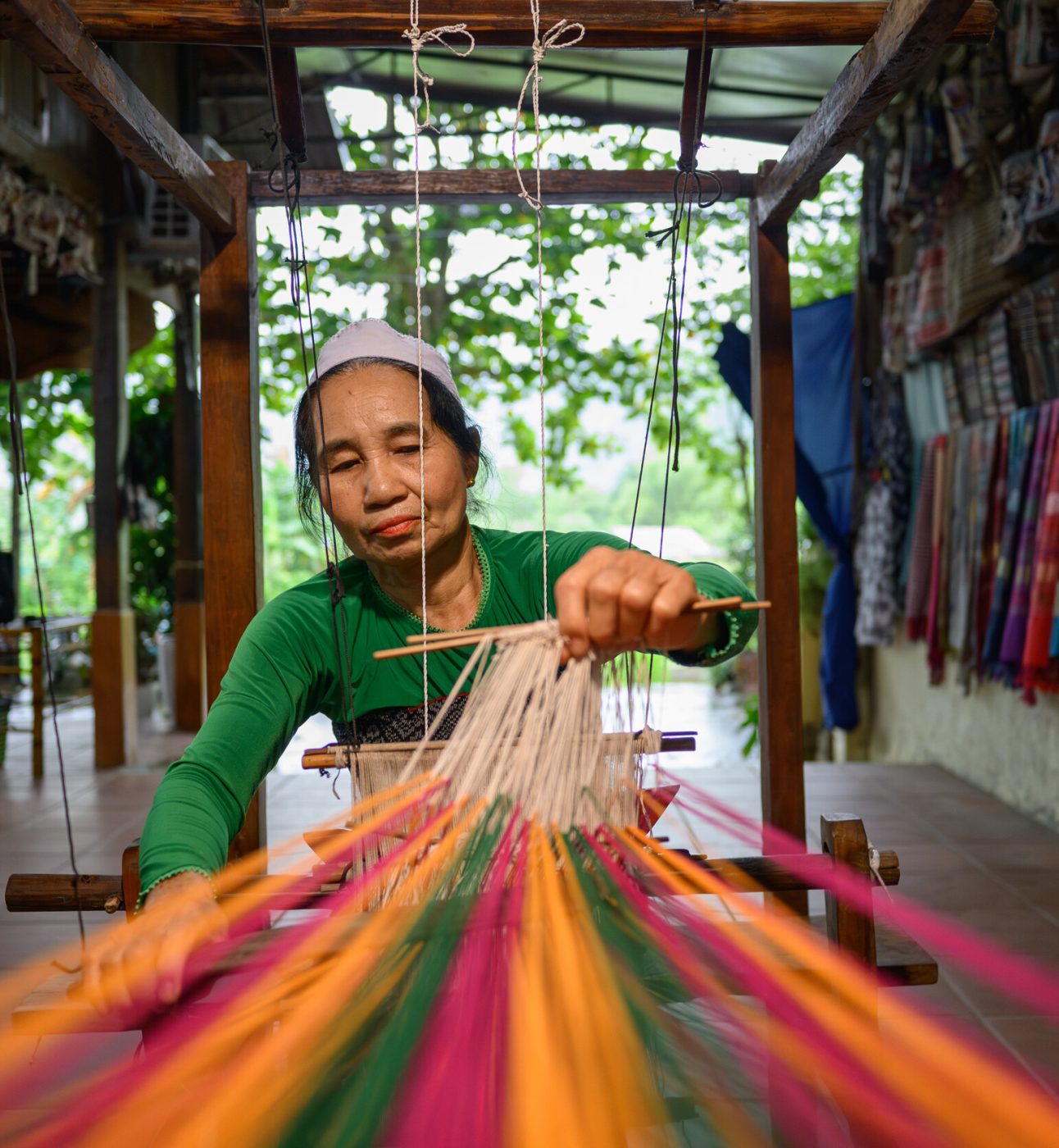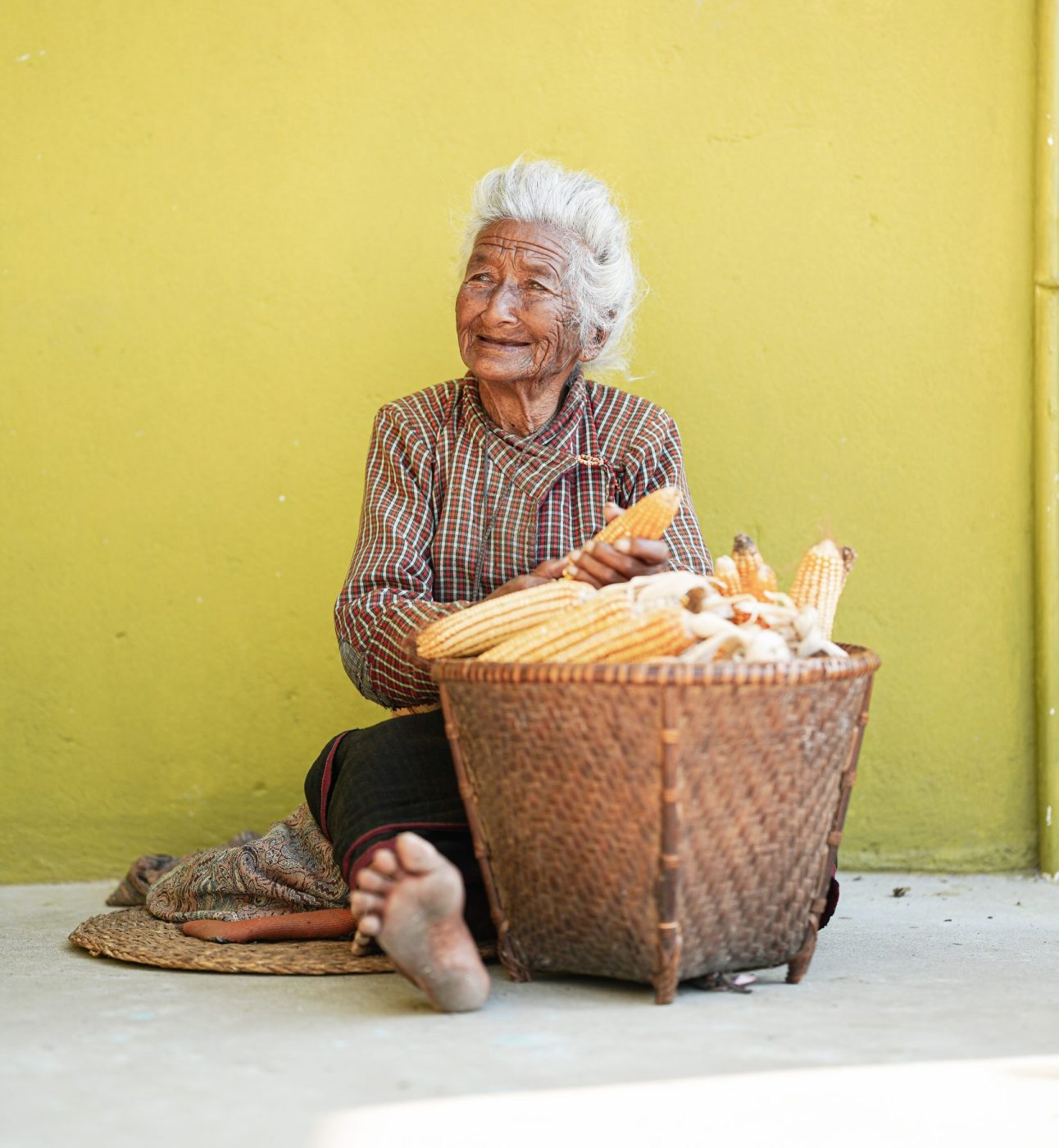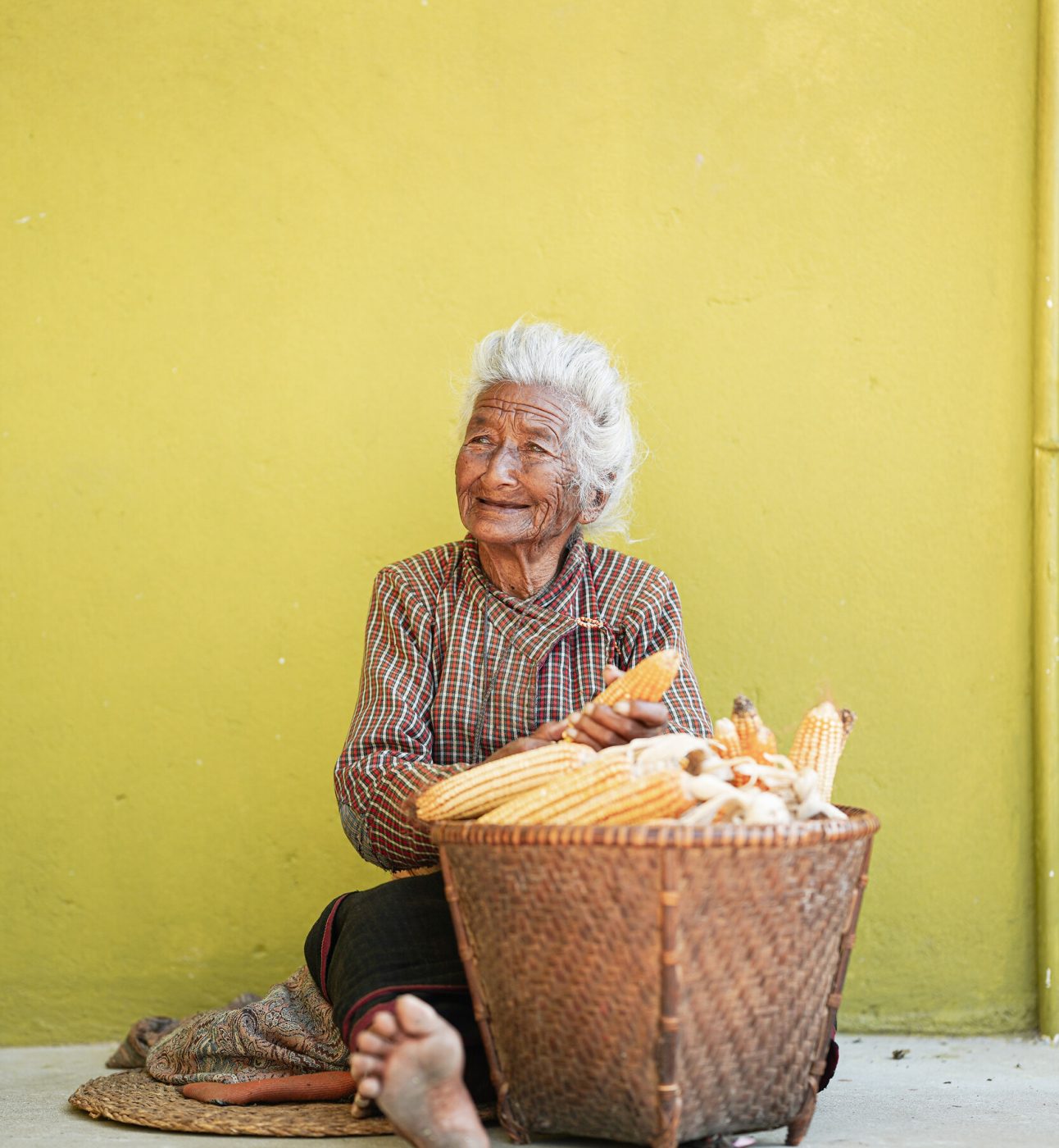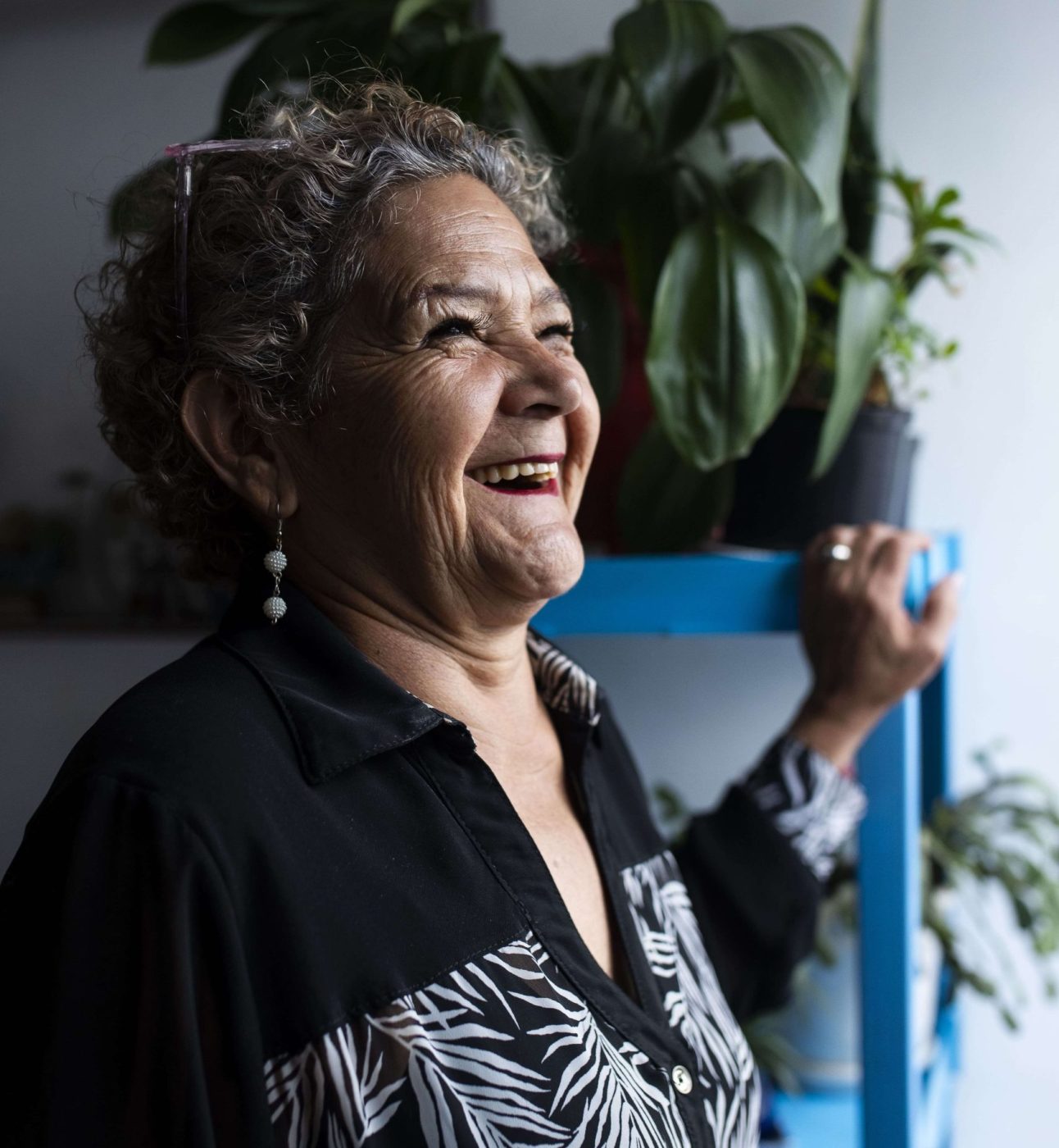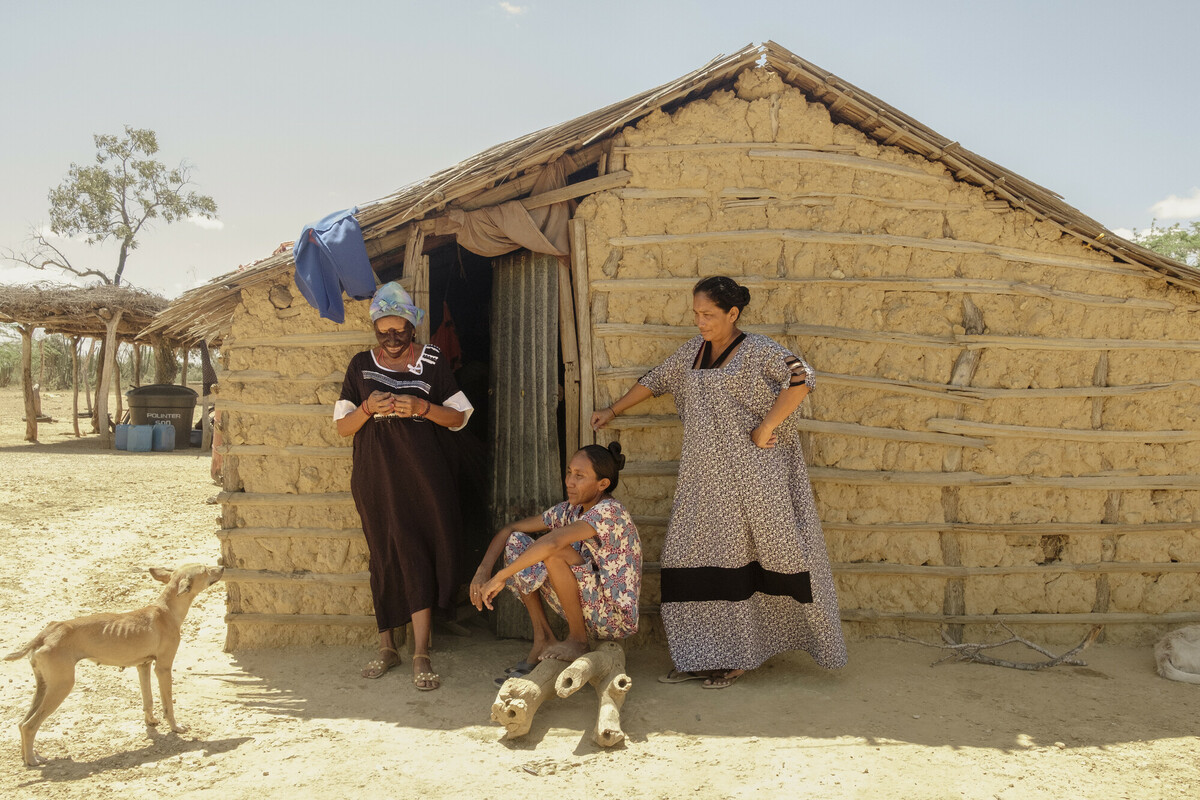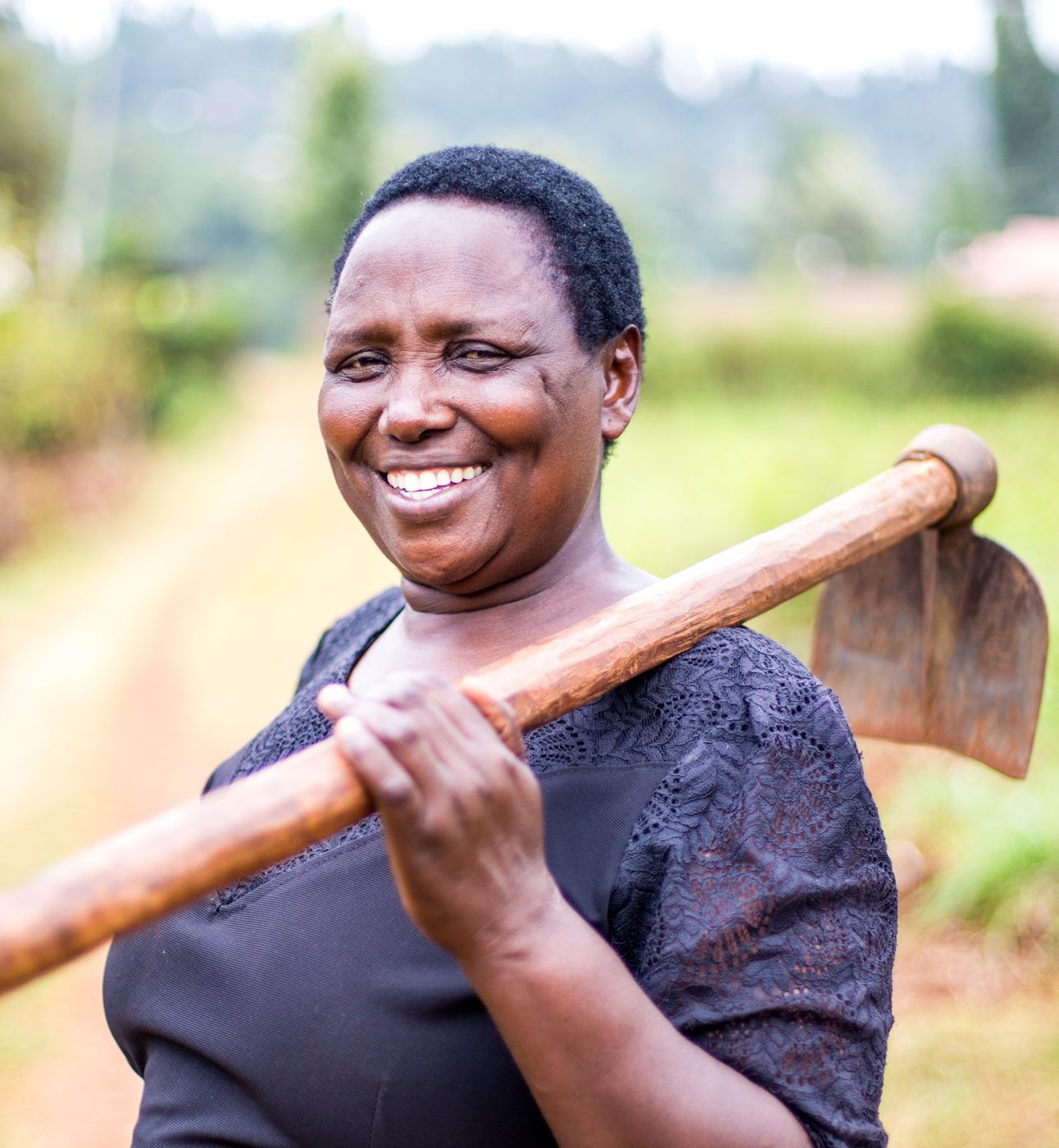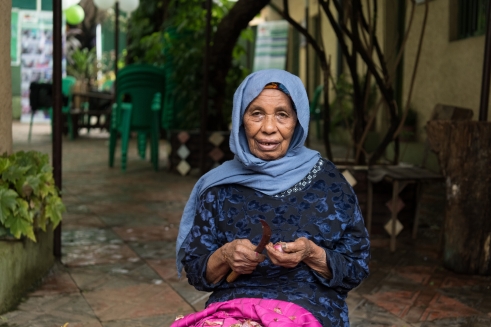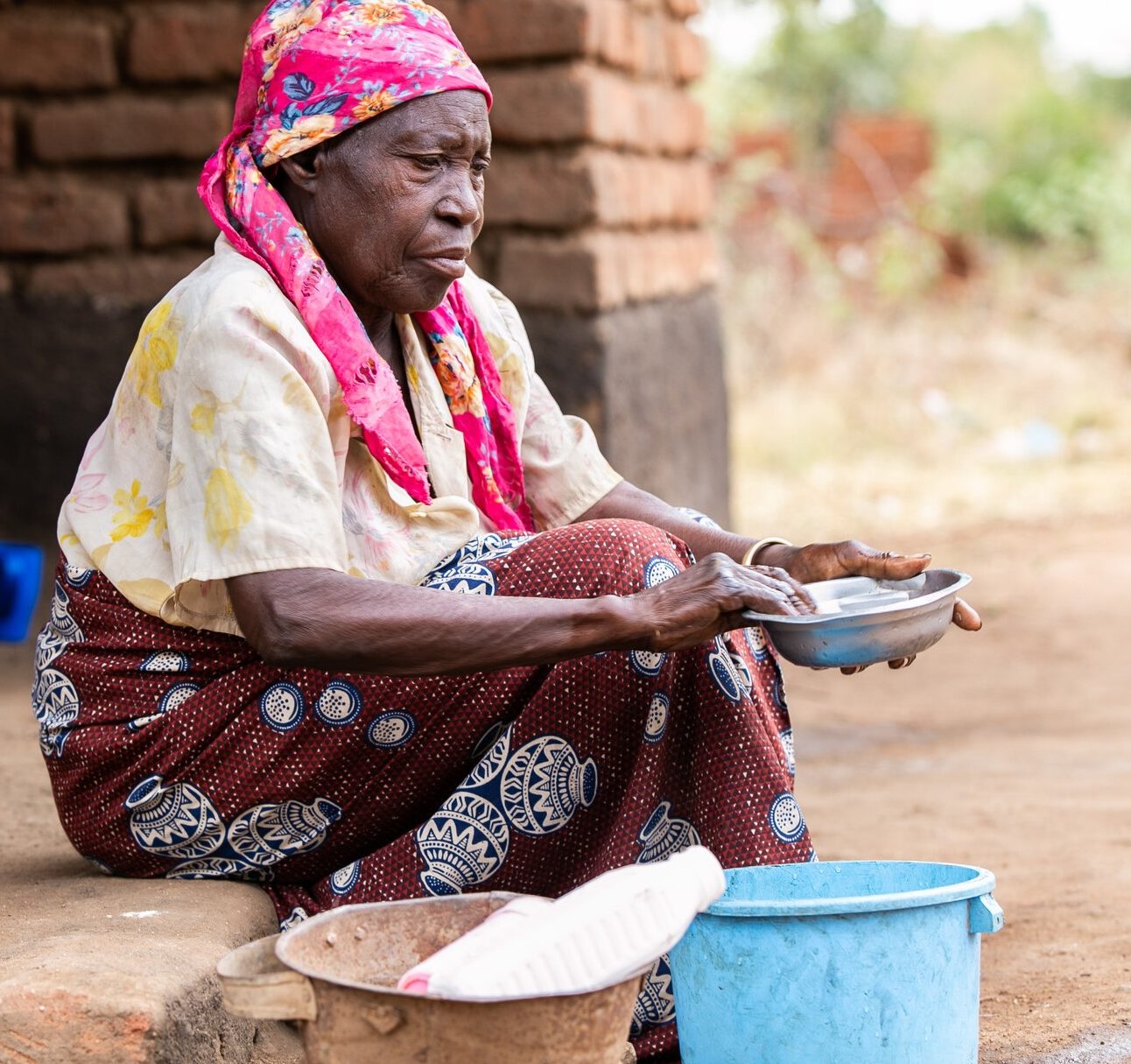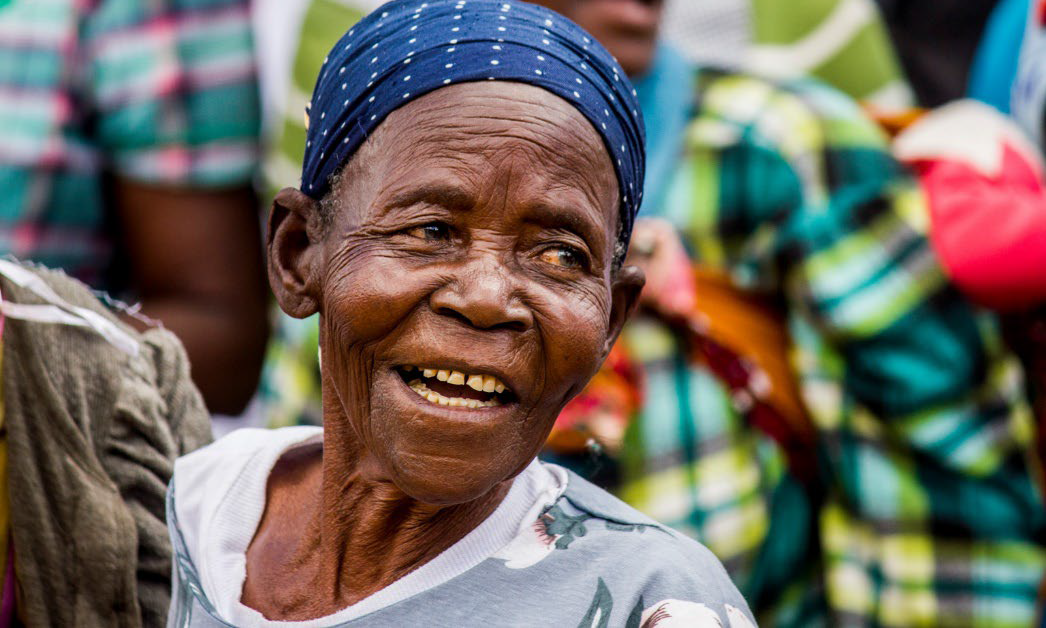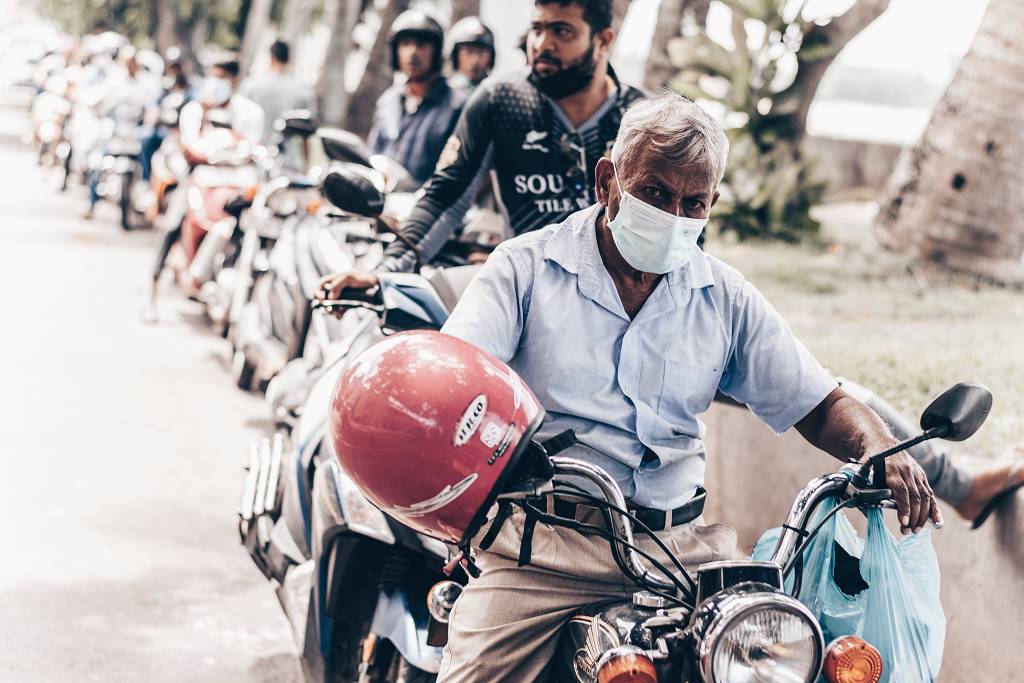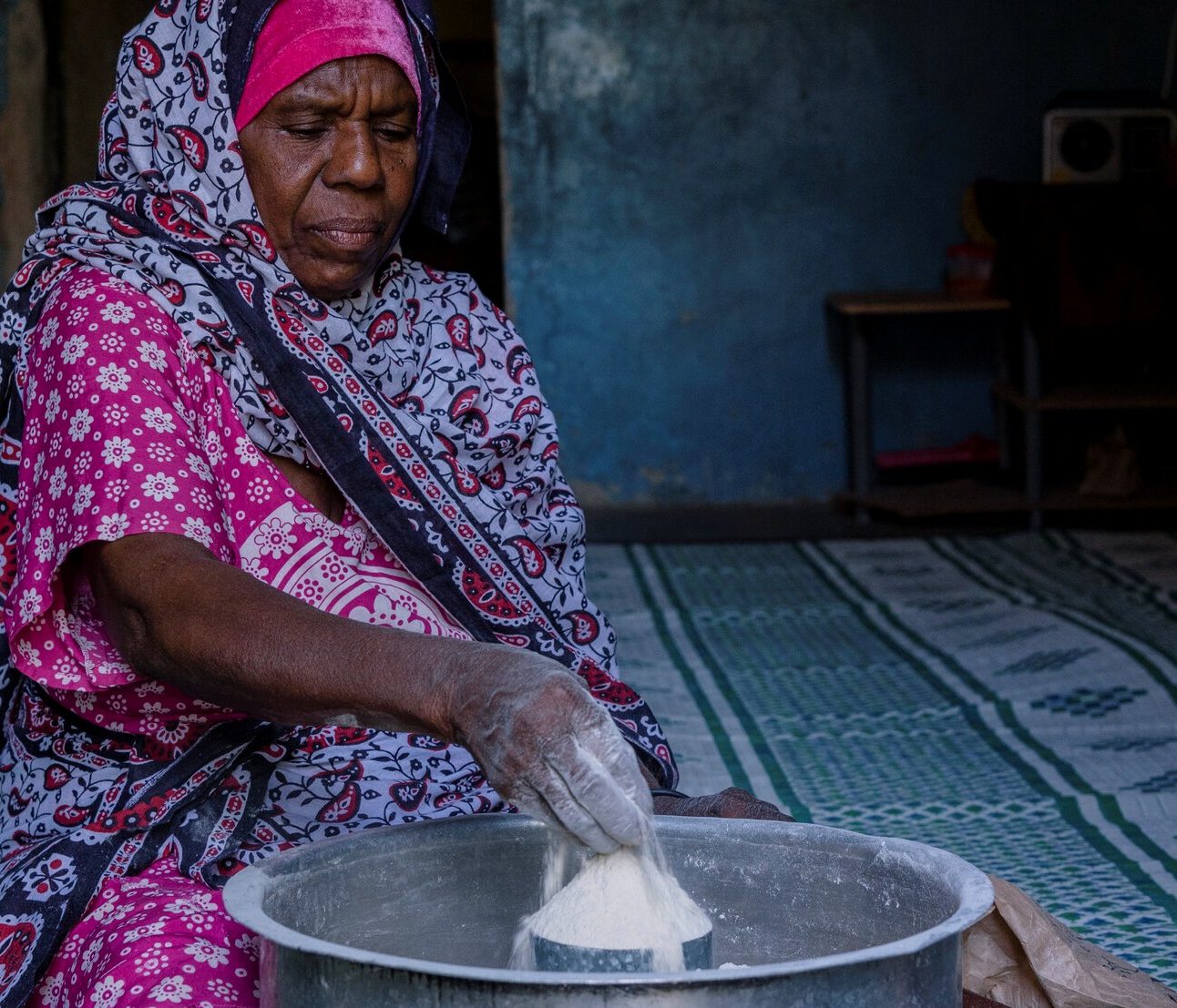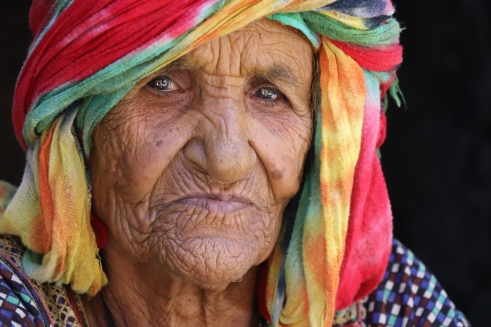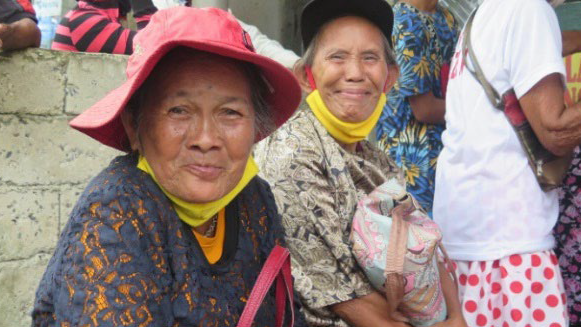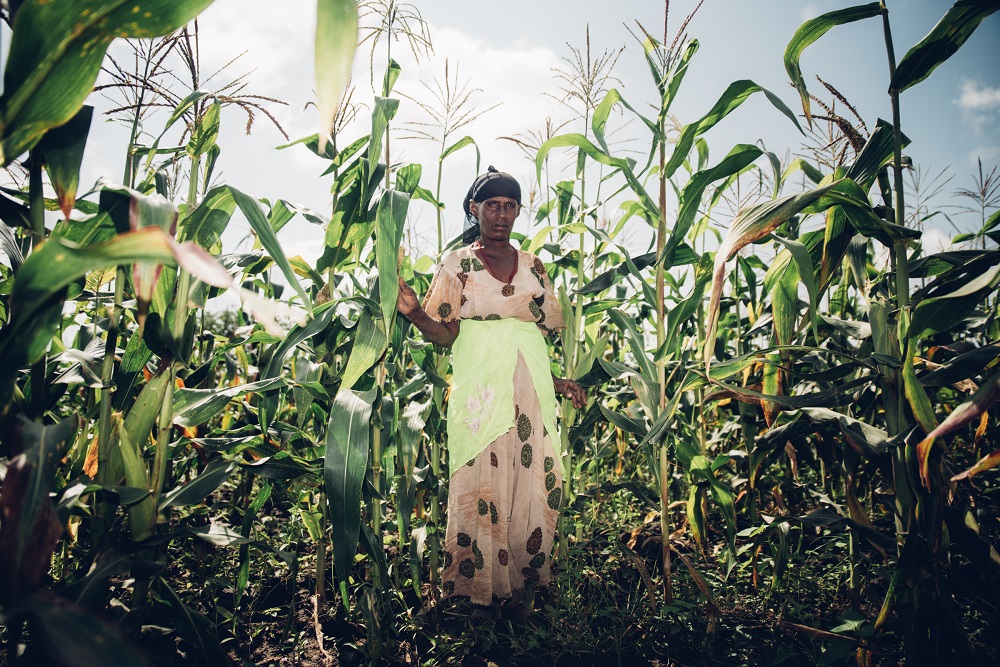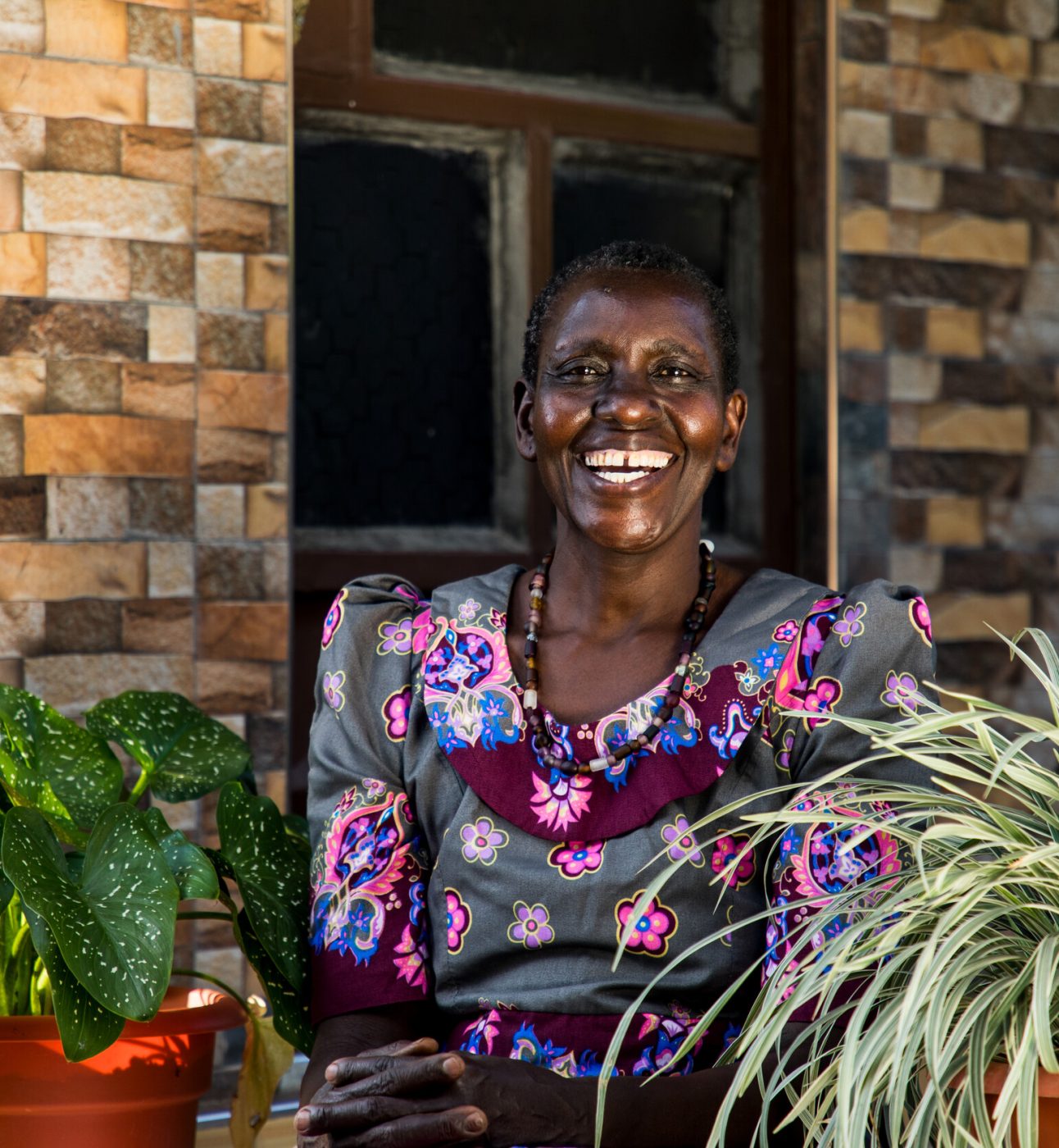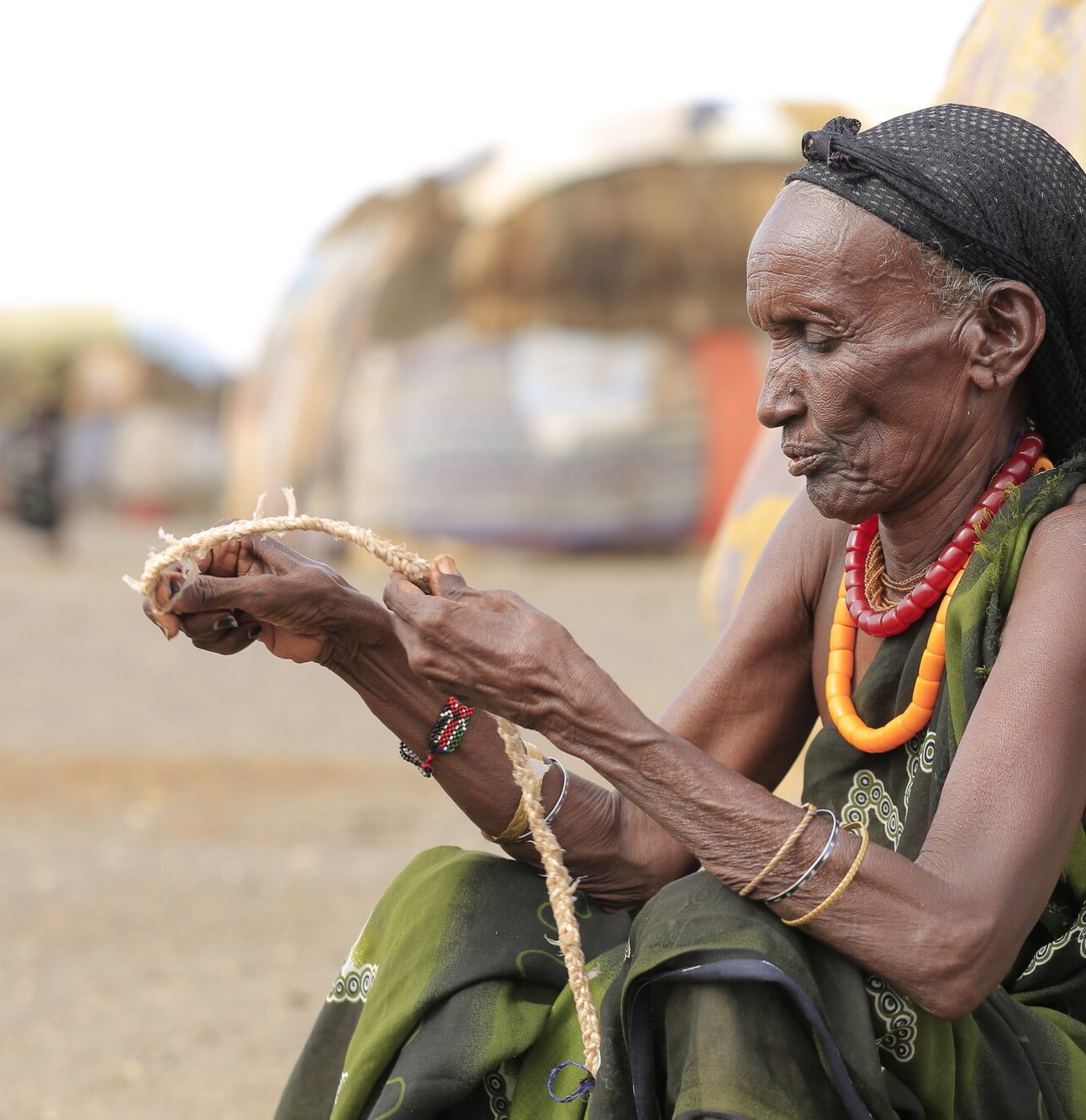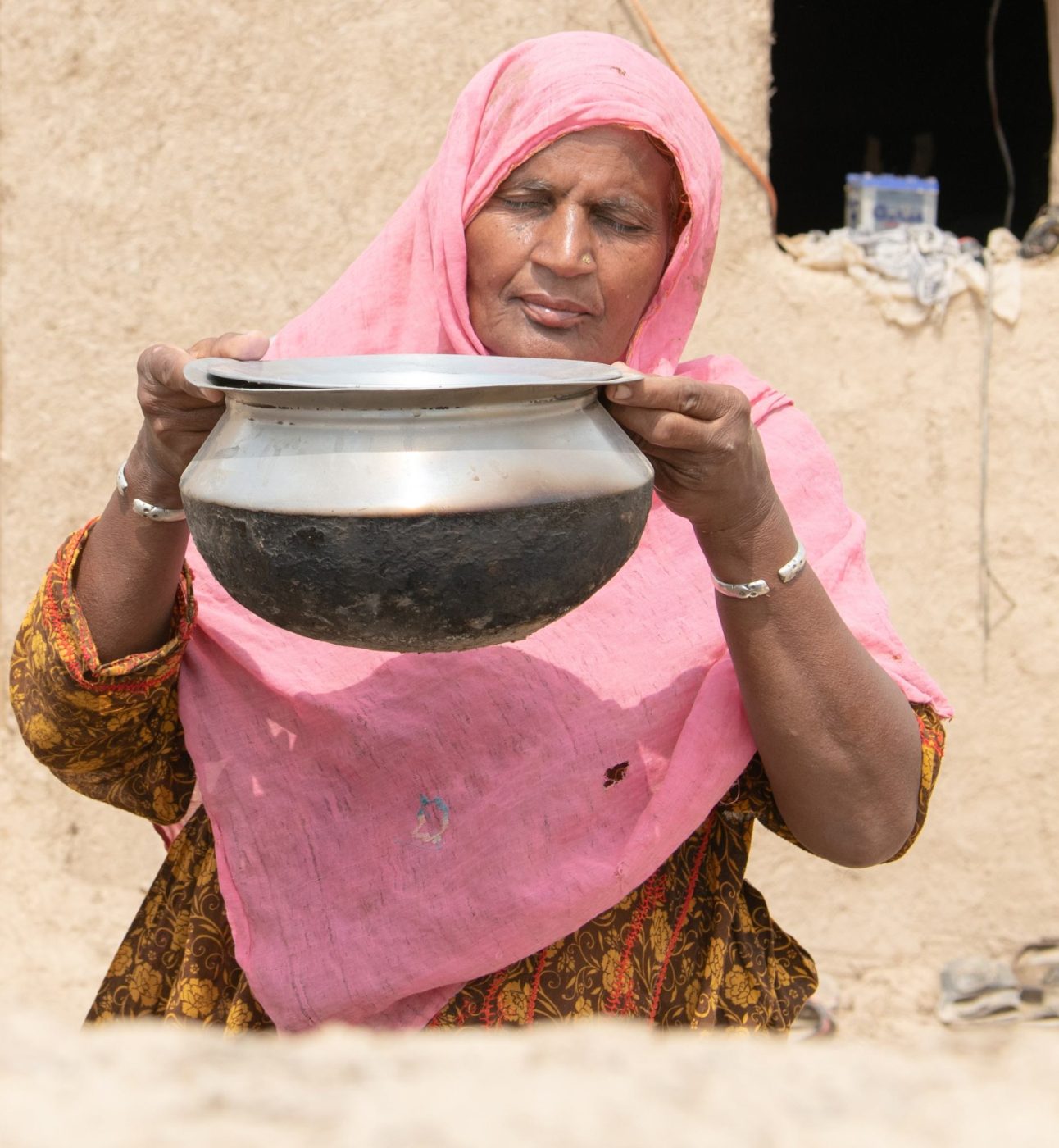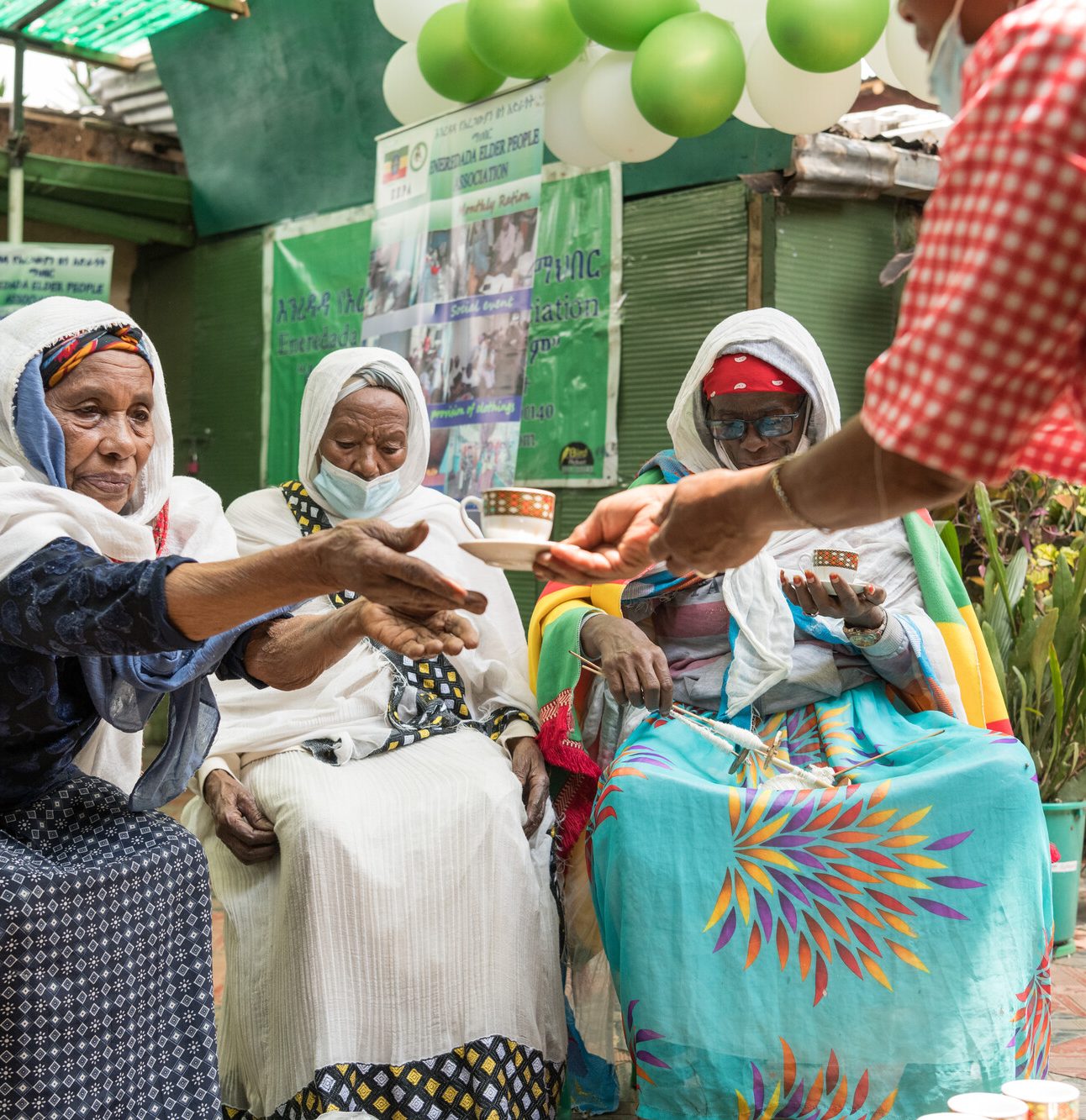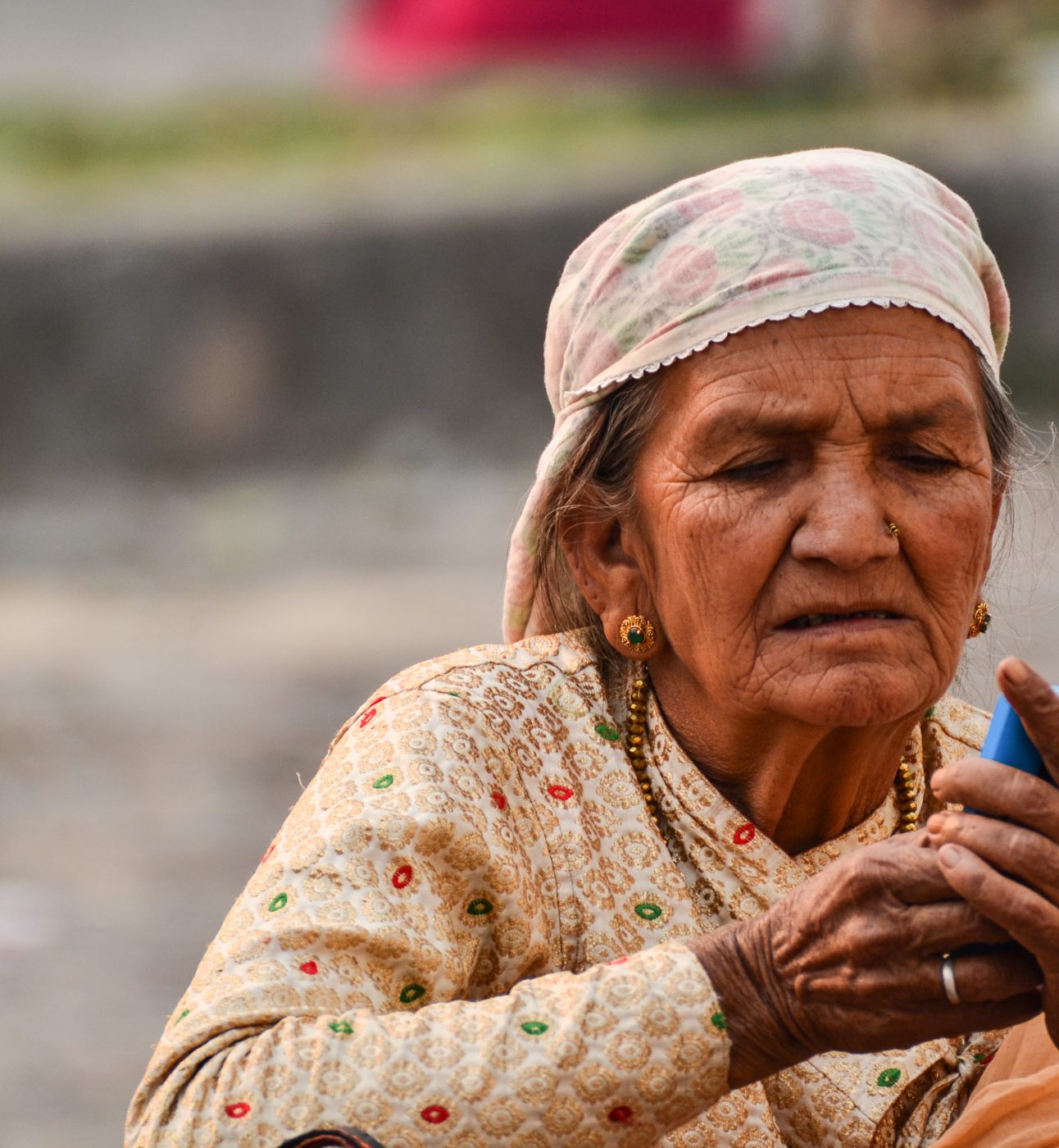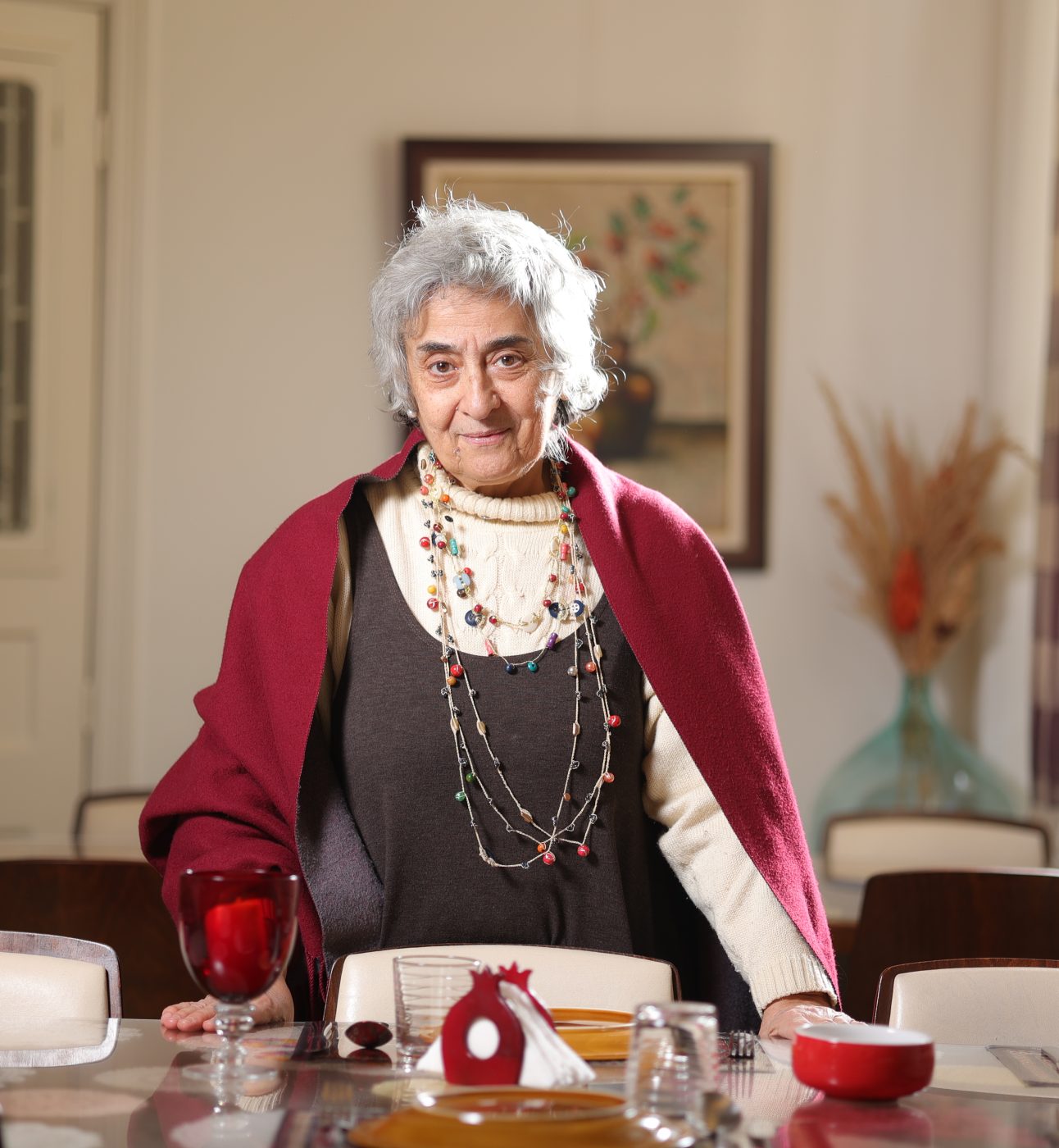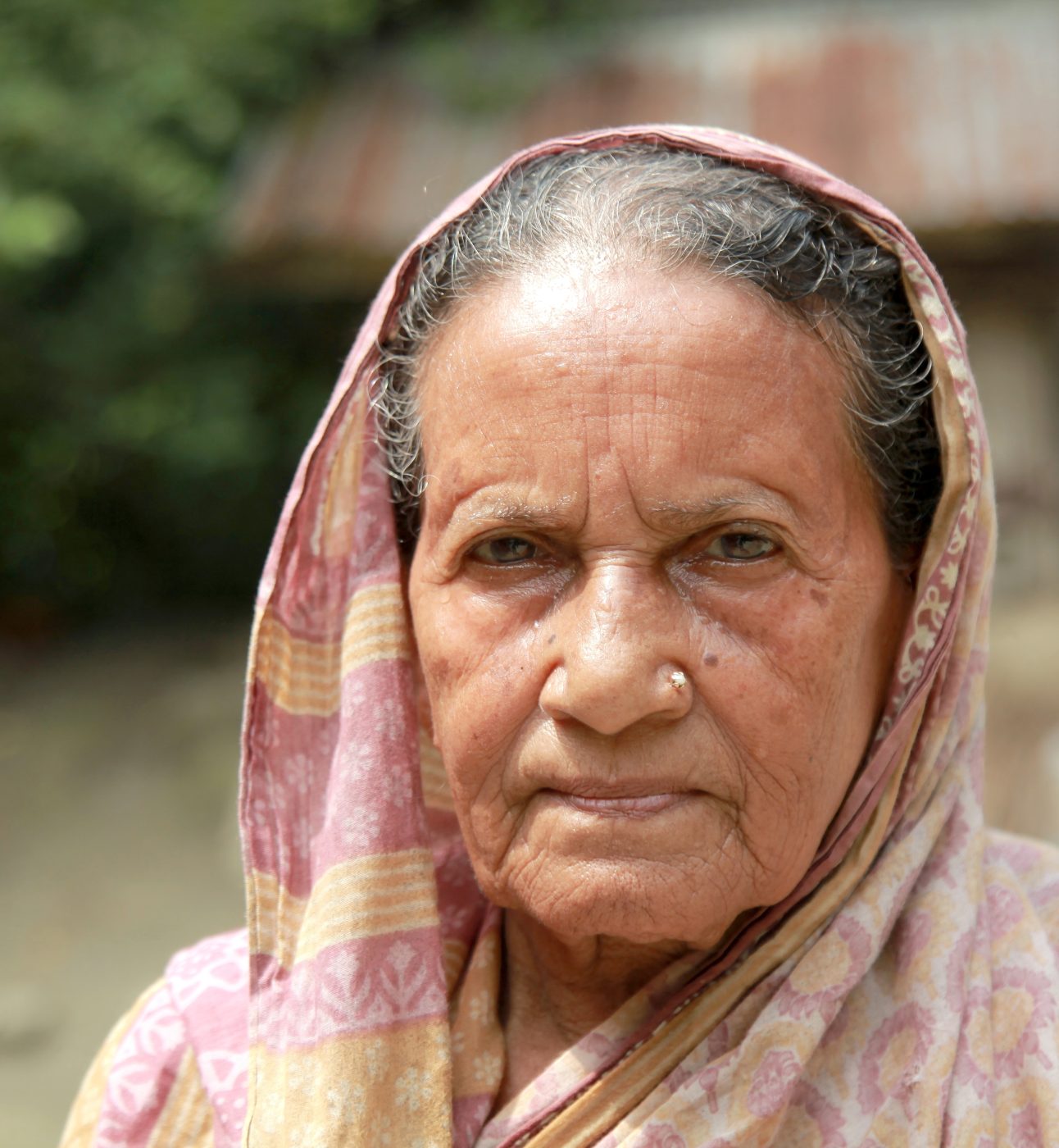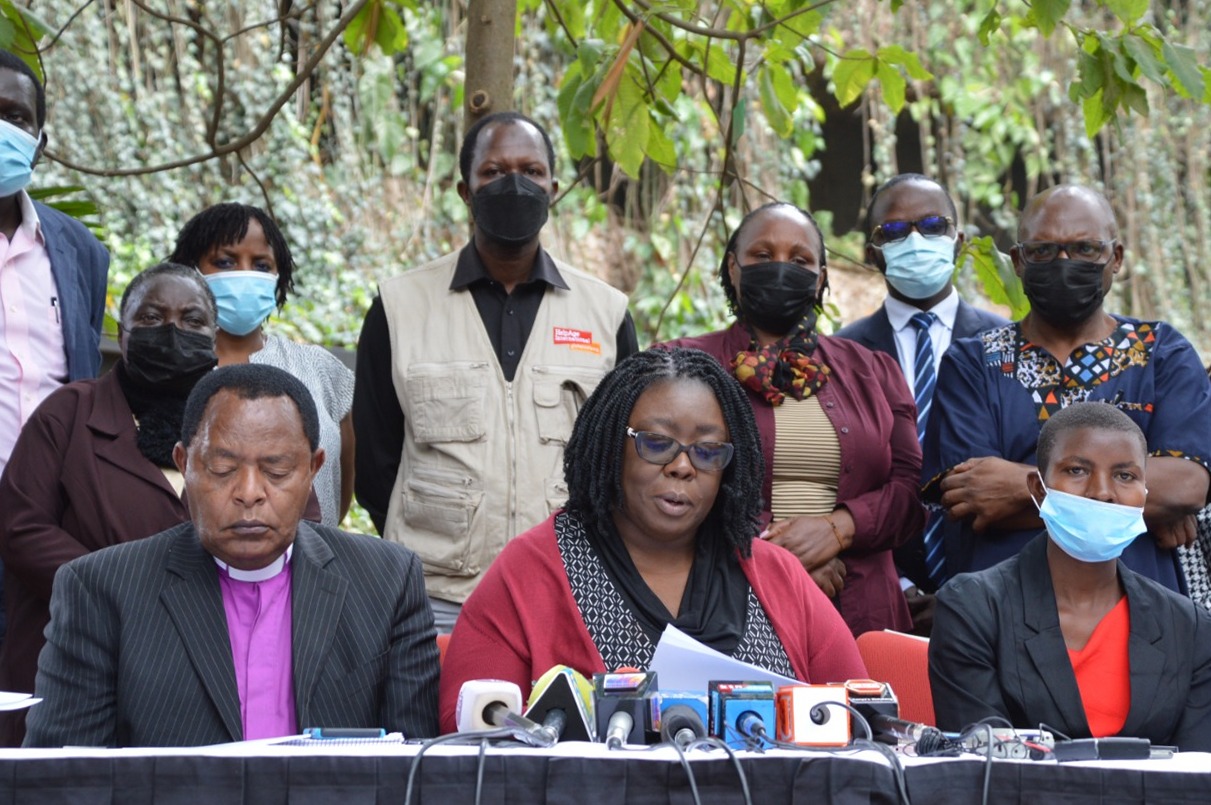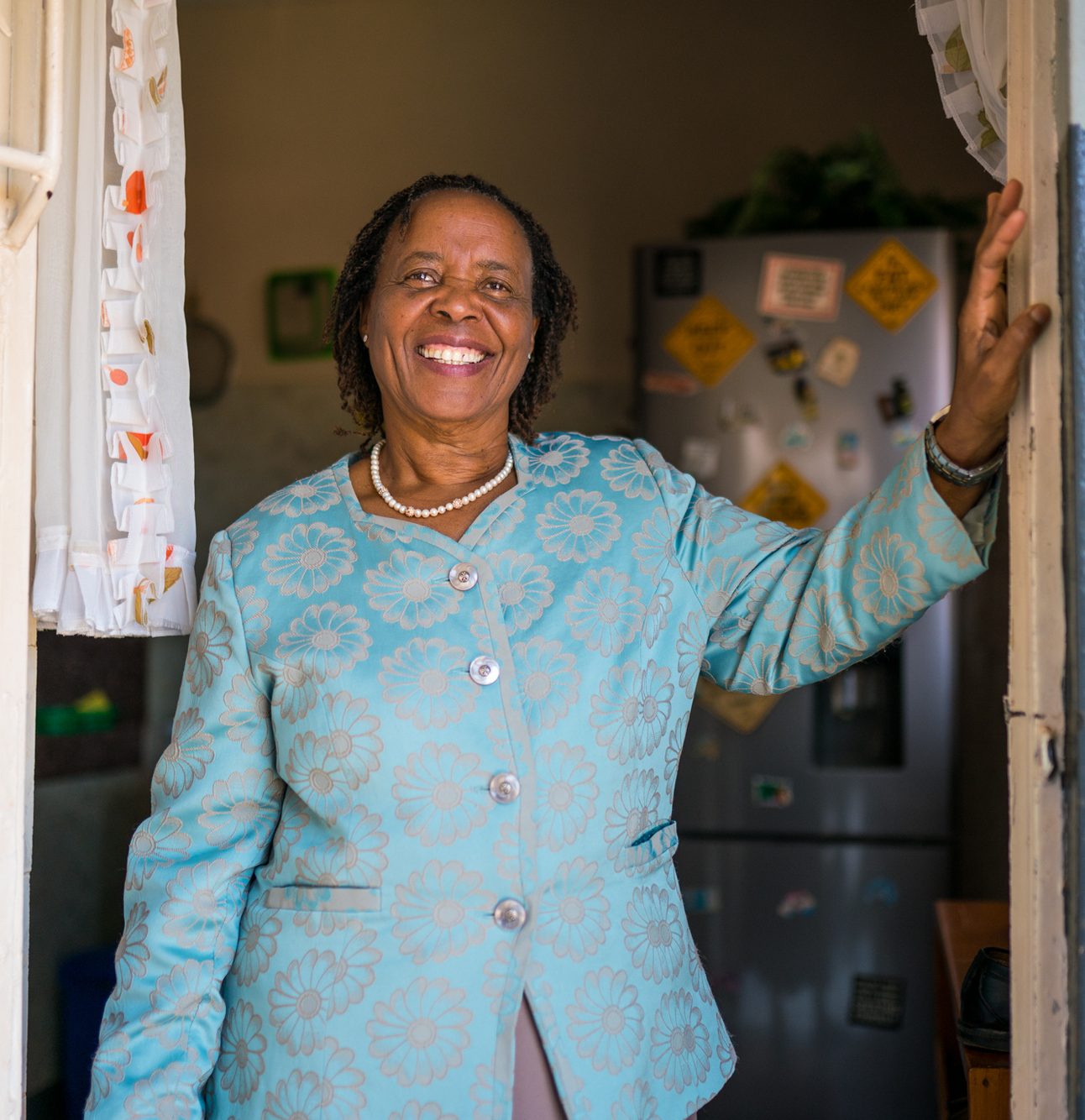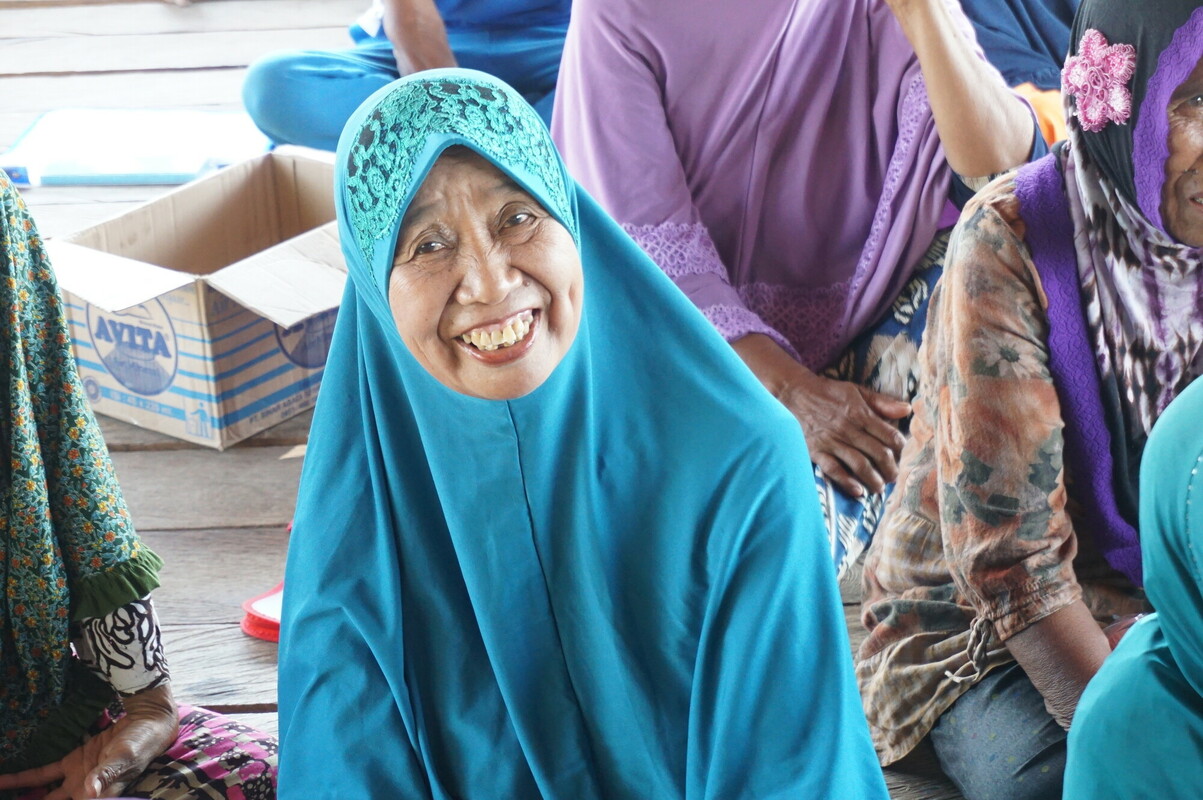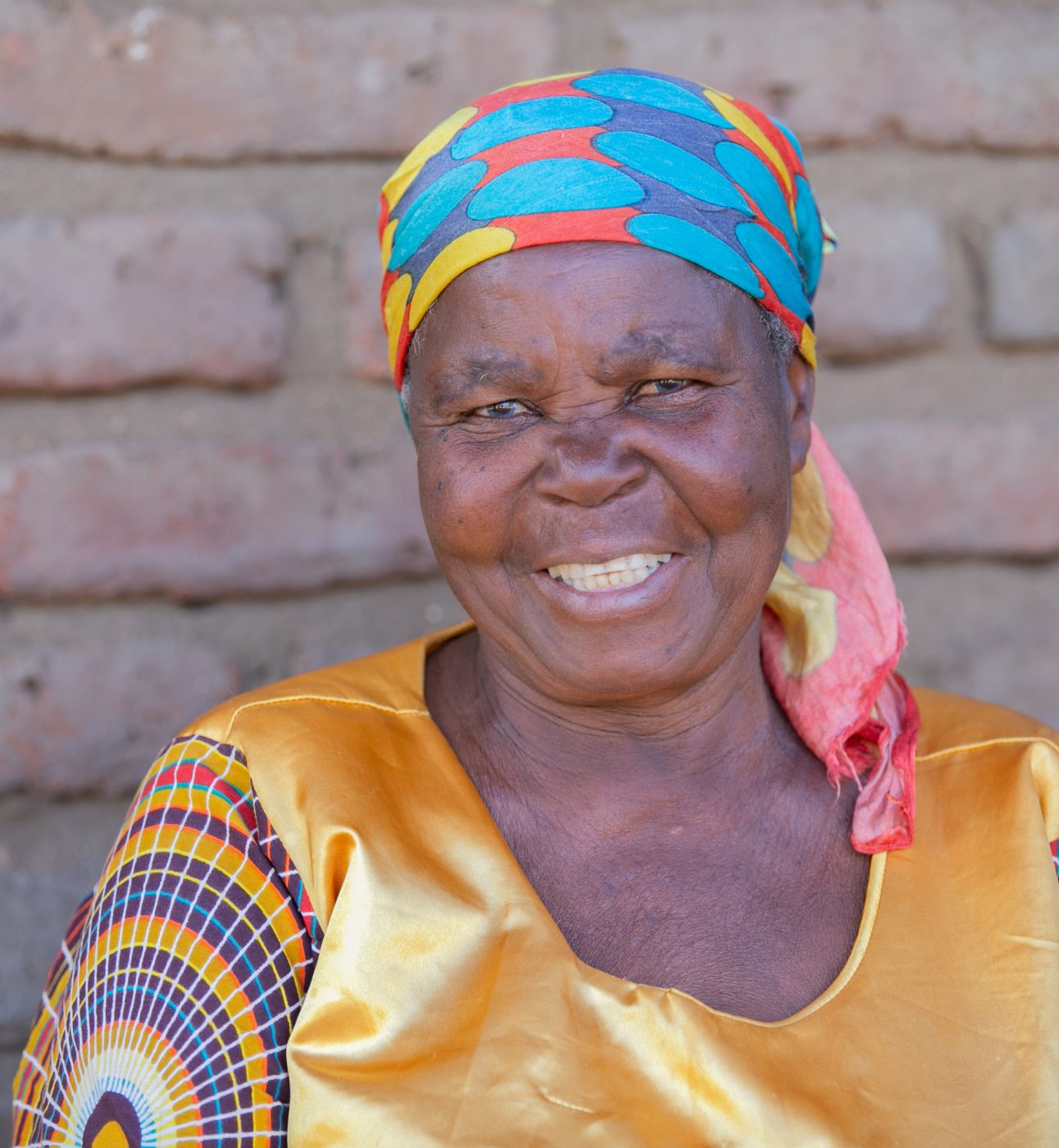Why is gender equality important at HelpAge?
Gender equality is pivotal for achieving HelpAge’s mission, as it permeates all aspects of our work and plays a central role in fostering social justice, protecting human rights, and supporting sustainable development.
Challenging the assumption that older people are genderless or asexual is vital to addressing ageism. Gendered processes continue to shape the lives of people in older age, intensifying disadvantages faced by women and potentially disempowering men.
Understanding gender relations and power dynamics throughout life is essential to comprehend the experience of ageing. Whilst it is often older women who have less access to resources, power and opportunities, men’s lives may also be adversely affected by their gender roles in older age.
In line with our 2030 Strategy, we prioritise the well-being, dignity, and voice of older people in their diverse identities. Neglecting gender inequalities poses a risk of perpetuation and exclusion. Therefore, recognising and addressing gender disparities is essential for fostering inclusivity, meeting the needs and rights of all older people, and ensuring that our approach promotes equal opportunities and outcomes.
Challenges:
Gender-based discrimination can accumulate throughout a person’s lifetime and become more pronounced in old age due to a variety of factors. Older women often face double discrimination based on both their age and their gender, while older men can experience challenges to their masculinity that can lead to feelings of isolation.
Gender inequality significantly impacts health outcomes, particularly for older women who often lack access to health and care services and are likely to spend a greater proportion of their lives in ill health or disability.
Additionally, older women are more likely than men to take on unpaid care responsibilities within their families or work in the informal sector, leading to lower earnings and limited entitlement to pensions or retirement benefits. These factors contribute to increased poverty and social exclusion in old age. Older women who provide care may be more valued compared to non-working older men, who might have been away from home for extended periods due to work-related migration or other reasons, potentially exposing them to a risk of neglect.
Gender-based violence is a pervasive issue that can occur at any stage of life, with long-lasting effects. For women, the cumulative impact of gender-based violence can hinder their ability to accumulate assets, harm their physical and mental health, and diminish their agency and voice. Similarly, individuals who are vulnerable to gender-based violence due to their sexual orientation or gender identity may also face similar consequences.

